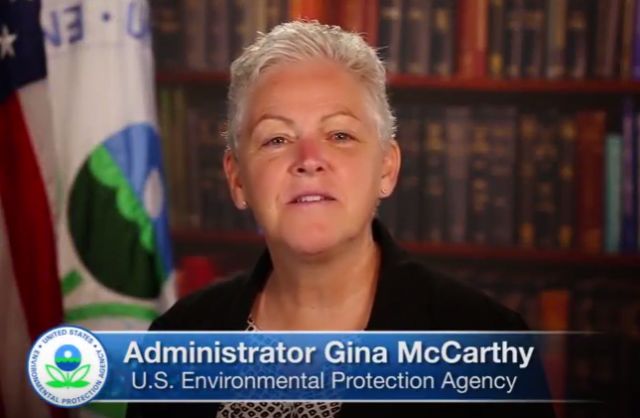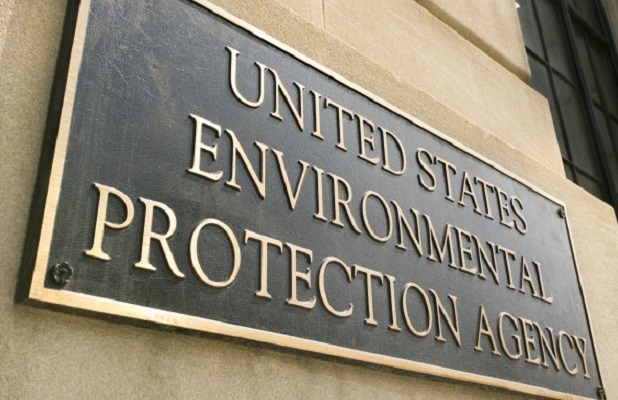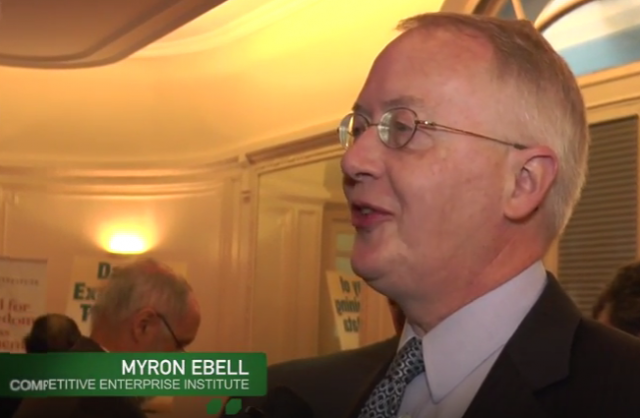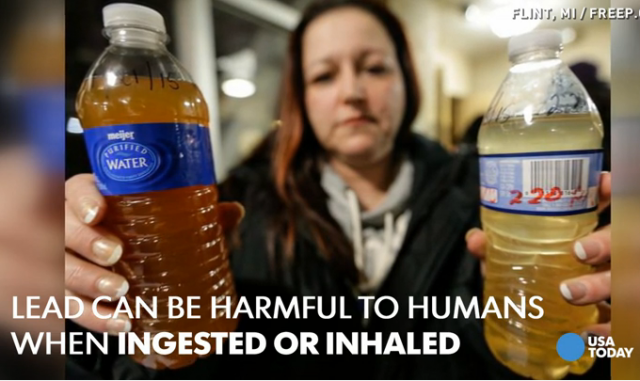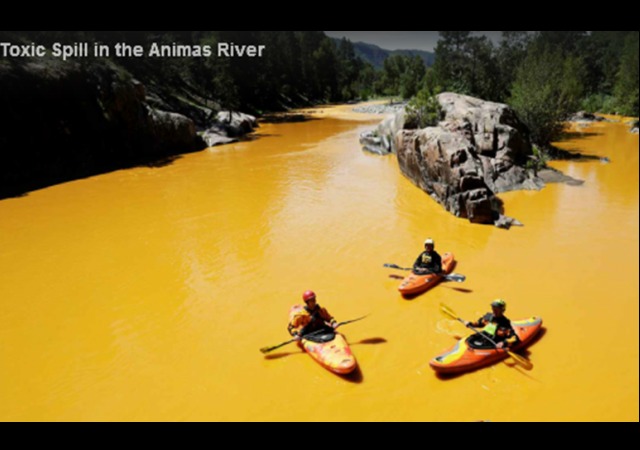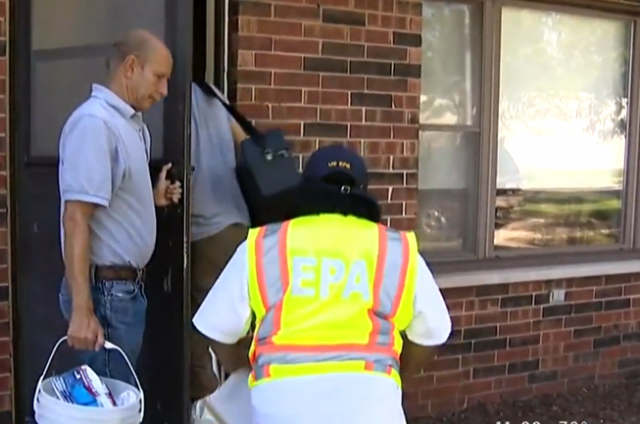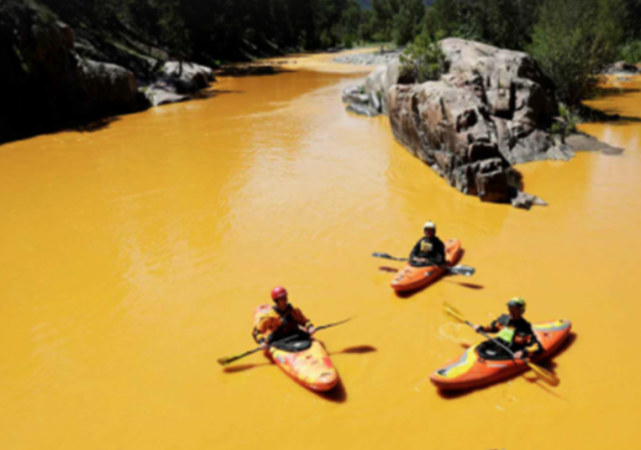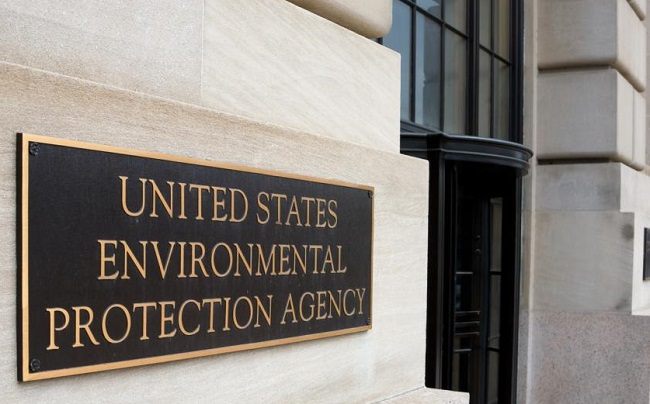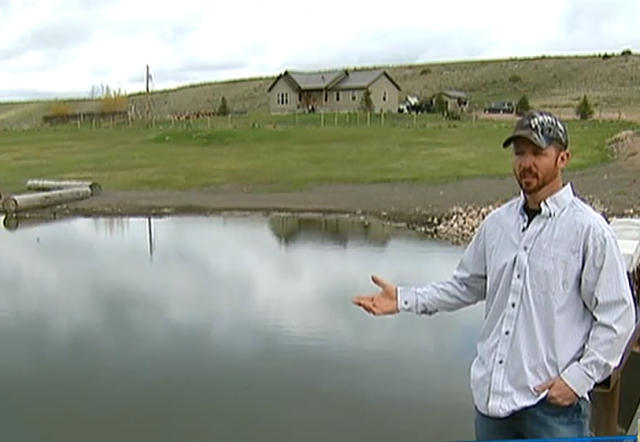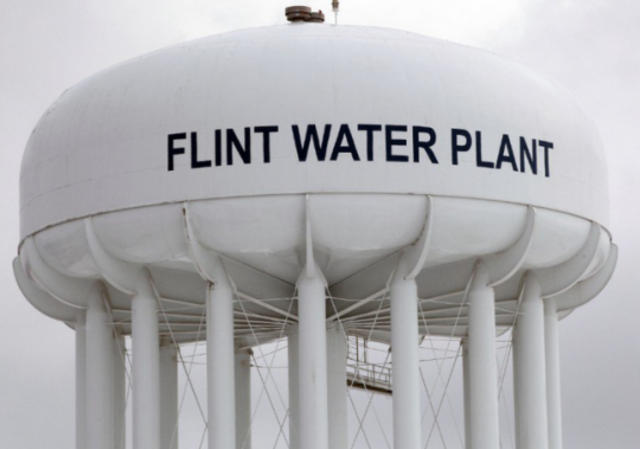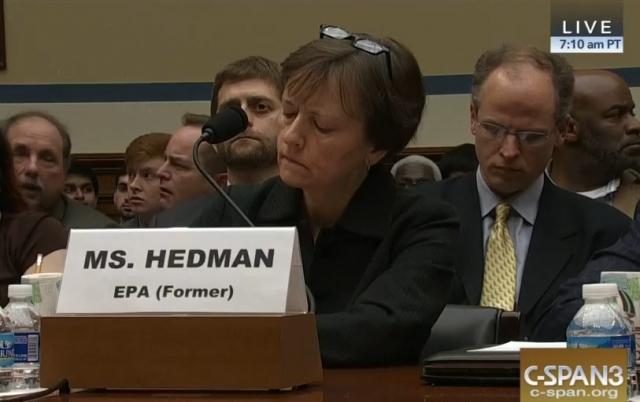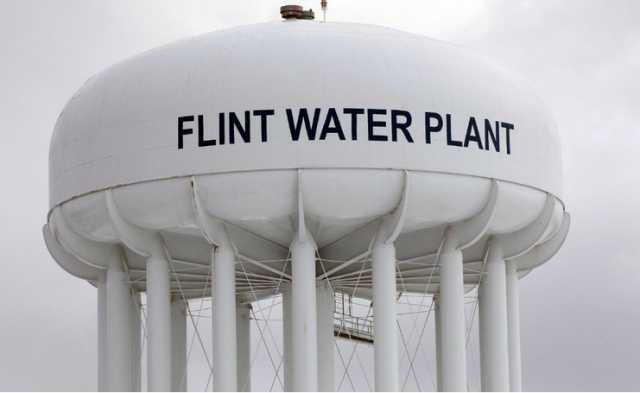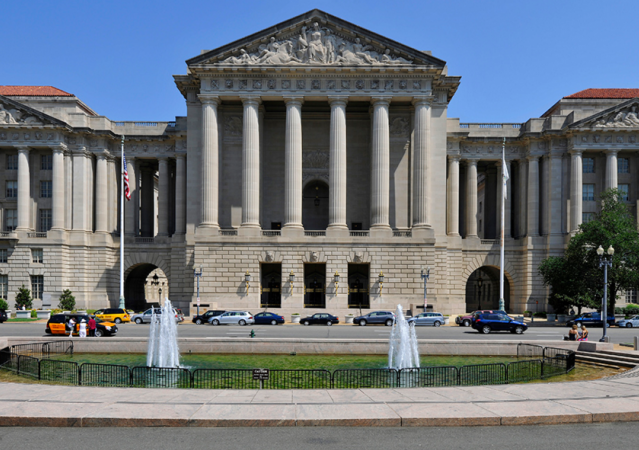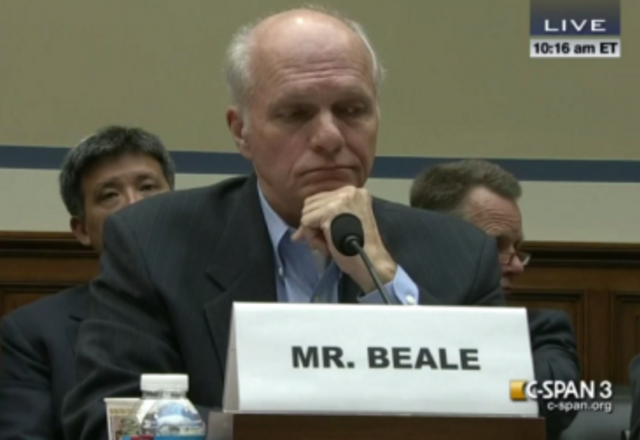EPA Chief: “Train to a global clean energy future has already left the station”
on November 22, 2016
42 Comments
It has been fascinating to watch the the elite media and Washington insiders reactions to the speed and efficiency of Trump's transition team organization and appointee selection.
With so much happening so quickly, I wanted to keep an eye on one of the most troubling agencies under the Obama Administration: The Environmental Protection Agency. The response of the big government bureaucrats in the EPA is likely to offer a clue about how they are going to behave in other federal organizations.
Legal Insurrection readers may recall that 27% of federal employees claimed they would quit their jobs if Donald Trump was elected. However, instead of quitting, it's more likely they'll exit a little less gracefully.


